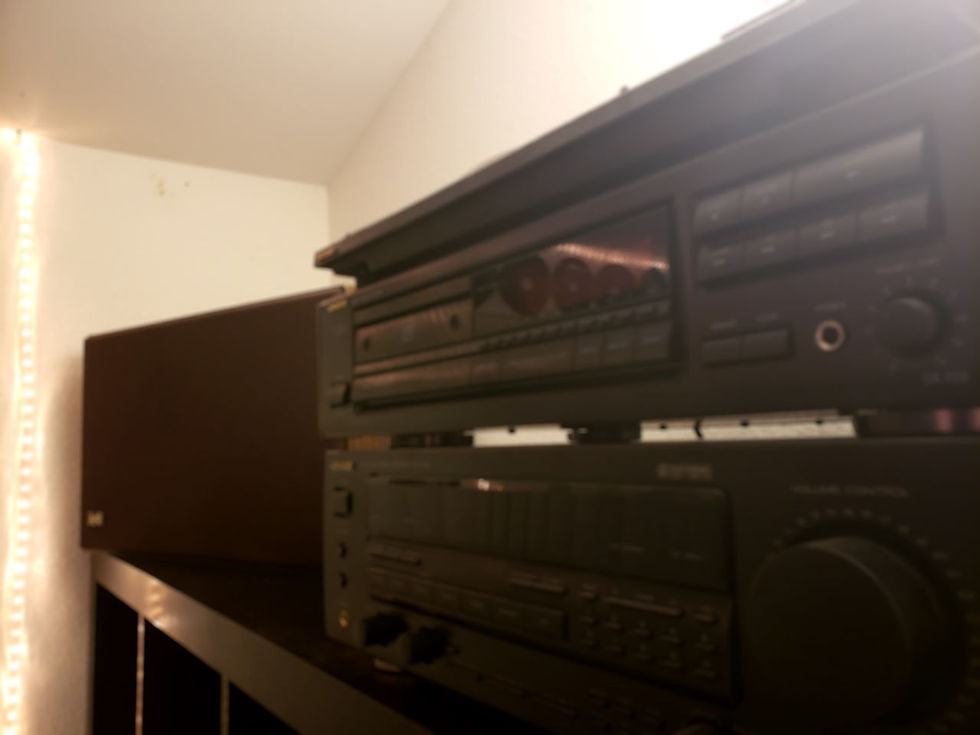How to be a Musician: Nerreave Guide
- nerreave
- Sep 27, 2020
- 2 min read
So, lets say you wanted to be a musician. Whether is electronic, classical, country, or any genre at all, how do you even start? Well, this musicians here to tell you how to be a musician, without trying to get you to spend money.

Budget
Having any kind of budget would really benefit your products, but you definitely can make music for absolute free. You can also buy a DAW (Digital Audio Workstation), however there are free ones out there (I recommend LMMS).
Time
I am sorry to announce that creating music is not common skill to learn overnight. I've been making music for 4 years, all the way from "I have no idea what I'm doing" to "I'm popping off right now". Patience will really come in handy, so make sure to have another hobby that is faster learnt so you can have another skill that you can see rapidly improve. It's a type of motivation, if not a little indirect.
Inspiration
Look, everyone has problems with inspiration. Artist block, starting out, not knowing where to look, anything. All I can advise is to not glue yourself to one specific genre. Branching out can lead to more fun. Musicians get to have fun too!
Learning
Probably the most important part of music is learning how music works. I'm not forcing you to do music theory, but having a general understanding of key names, chords, time signatures, scales, and effective percussive elements can lead to a better product than running into the field head first.
Computer Specs
Welcome to the budget. Most people might think about buying samples, VSTs, synthesizers, or anything else with their budget, but your computer specs are also incredibly important. What I've found is that, for music, your CPU and RAM should be where your focus should be on. I would recommend a CPU in the Intel i5 range and at least 8gb of DDR3 RAM, but this is only from my experience and you could get by with what you have.
Tips
I would not recommend remixing a song multiple times. A lot of experience comes from original works, so focusing there would be advised. Learn how to perform pitch bends and panning sweeps, because a song can sound very stationary without automation, but it's not required. Finally, don't hold yourself back! If you want to make music and you're holding yourself up because "I'm not good enough" or "I need better VSTs", I can assure you that practice and, maybe some free VSTs could take you a long way.
Now go and make some sick tunes. Tune in tomorrow for more posts from yours truly, or read yesterdays post. Take care.










Comments